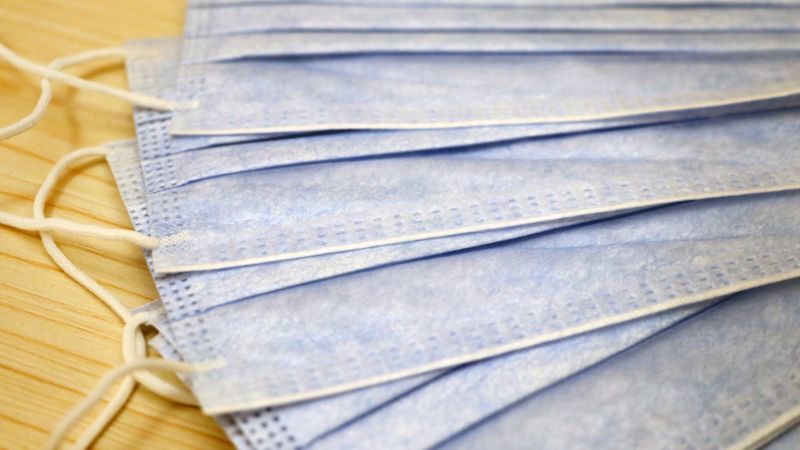In its semiannual report to Congress, the OIG tallied $3 billion in fraud-related recoveries and various criminal enforcement actions involving government and medical fraud
In its Spring 2022 semi-annual report to the US Congress, the Department of Health and Human Services (HHS) Office of Inspector General (OIG) “highlight[ed] nearly $3 billion” in expected recoveries as the result of OIG audits and investigations. The report provides an overview of those activities from October 1, 2021, through March 31, 2022.
During that six-month period, the OIG reported 320 criminal enforcement actions against individuals or entities that engaged in crimes affecting department programs. It also reported 320 civil actions, including false claims and unjust-enrichment lawsuits, civil monetary penalty settlements, and administrative recoveries relating to provider self-disclosures.
The OIG also excluded 1,043 individuals and entities from participation in federal healthcare programs.
“We rigorously analyze data to detect concerning trends and outliers, issue compliance guidance for the health care industry, and make recommendations to HHS to improve program integrity,” said Christi A. Grimm, HHS Inspector General in a release. “OIG’s deep expertise in fraud, waste, and abuse enables us to offer HHS and its operating divisions technical assistance to design safeguards that mitigate risk in new and expanded programs.”
Highlights of Medicare enforcement efforts
In December 2021, a Texas man was extradited to Houston to serve an 80-year prison sentence that he received in absentia after pleading guilty to two separate cases of conspiracy, healthcare fraud, money laundering, and tax offenses. The government alleged that the home health company owner and his wife received more than $13 million for home health care services that their “patients did not need or receive” between 2006 and 2015. The government also alleged the couple paid illegal kickbacks to patient recruiters to refer patients. The couple went to trial in November 2016, and the husband ultimately pleaded guilty to one count of conspiracy to commit health care fraud, three counts of health care fraud, one count of conspiracy to pay and receive health care kickbacks, three counts of payment and receipt of health care kickbacks, and one count of conspiracy to launder monetary instruments after evidence demonstrated he “attempted to destroy evidence and blackmail and suborn perjury from witnesses.” The owner later pleaded guilty in a separate case to two counts of filing fraudulent tax returns.
The owner’s wife was convicted by the jury after a two-week trial and sentenced to 75 years in prison for her role in the Medicare fraud scheme. However, on the morning of his sentencing, the owner removed his ankle bracelet, failed to respond to phone calls from the court and failed to appear for his sentencing hearing.
After being listed as an OIG Top 10 most wanted fugitive, he was arrested in Cameroon in January 2019 and extradited to the United States in December 2021.
Also in December 2021, co-owners of a durable medical equipment (DME) company were sentenced to 151 months in prison and ordered to pay more than $27 million in restitution for a Medicare kickback conspiracy. The husband and wife operated two DME companies. According to the government, from March 2016 to January 2019, they paid kickbacks and bribes to their co-conspirator’s call center in the Philippines in exchange for signed doctors’ orders for DME. Those signed orders were then “used to submit false claims in excess of $59 million to Medicare.” The couple also entered into “sham contracts that disguised [the kickback] payments as marketing and business process outsourcing” costs.
In November 2021, two men — Michael Nolan and Richard Epstein — were sentenced for their roles in a “conspiracy to defraud federal health benefit programs.” The men ran a Tampa, Fla.-based telemarketing company, REMN Management LLC. Nolan was sentenced to 78 months in prison and fined $2.1 million; and Epstein was sentenced to 63 months in prison and fined $3 million. According to the government, the pair “illegally bribed physicians” to sign thousands of medically unnecessary physicians’ orders for DME and cancer genetic testing. They were also ordered to pay restitution, jointly and severally with each other and other conspirators, of more than $29 million.
Additional OIG findings
The OIG also reported other Medicare spending- and quality-related findings, including:
-
-
- COVID-19 testing caused an increase in total Medicare Part B spending on laboratory testing in 2020. Medicare Part B spent $1.5 billion on COVID-19 tests in 2020 but only $1.2 billion on non-COVID-19 tests. The decreased non-COVID-19 testing “raises concerns about potential impacts on beneficiary health.”
- More than half of US states failed to meet performance measures for oversight of nursing homes in three or four consecutive years during fiscal years 2015 to 2018. State surveys of nursing homes are the “primary safeguard for ensuring quality of care and resident safety.” Many of the deficiencies related to the timeliness of surveys.
- Of the nearly 1 million Medicare beneficiaries diagnosed with opioid-use disorder in 2020, fewer than 16% received medication-assisted treatment. The OIG also found beneficiaries in Florida, Kansas, Nevada, and Texas were less likely to receive medication-assisted treatment than beneficiaries nationwide. The OIG also found racial disparities in access to medication-assisted treatment.
-
You can download Thomson Reuters’ recently published 2022 Fraud, Waste & Abuse Report, here







